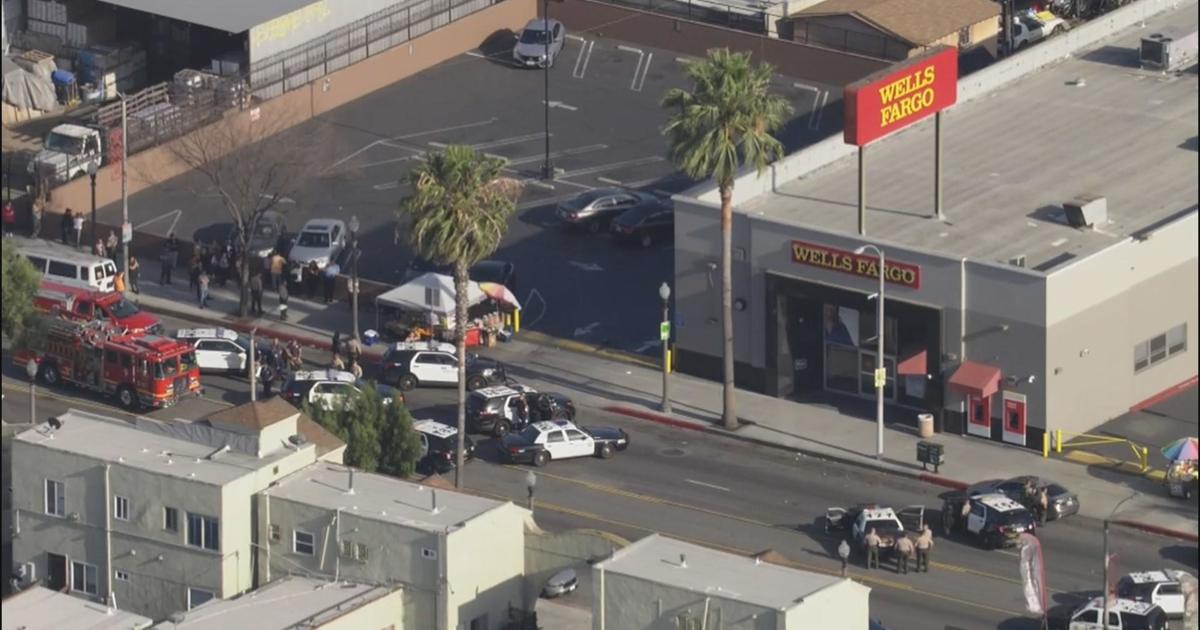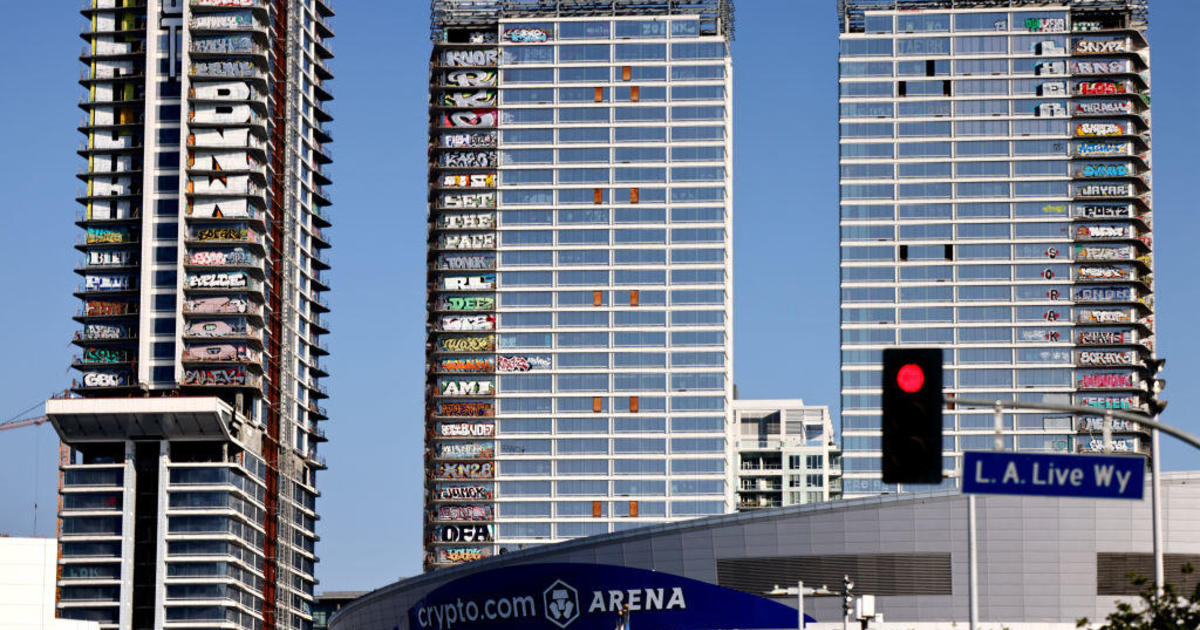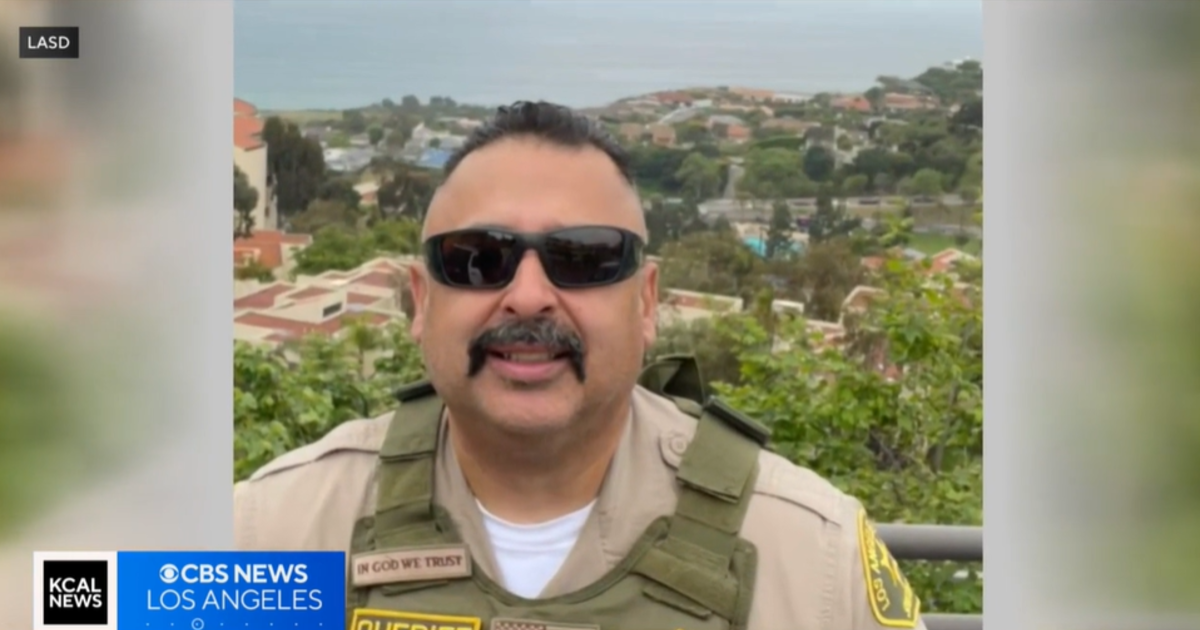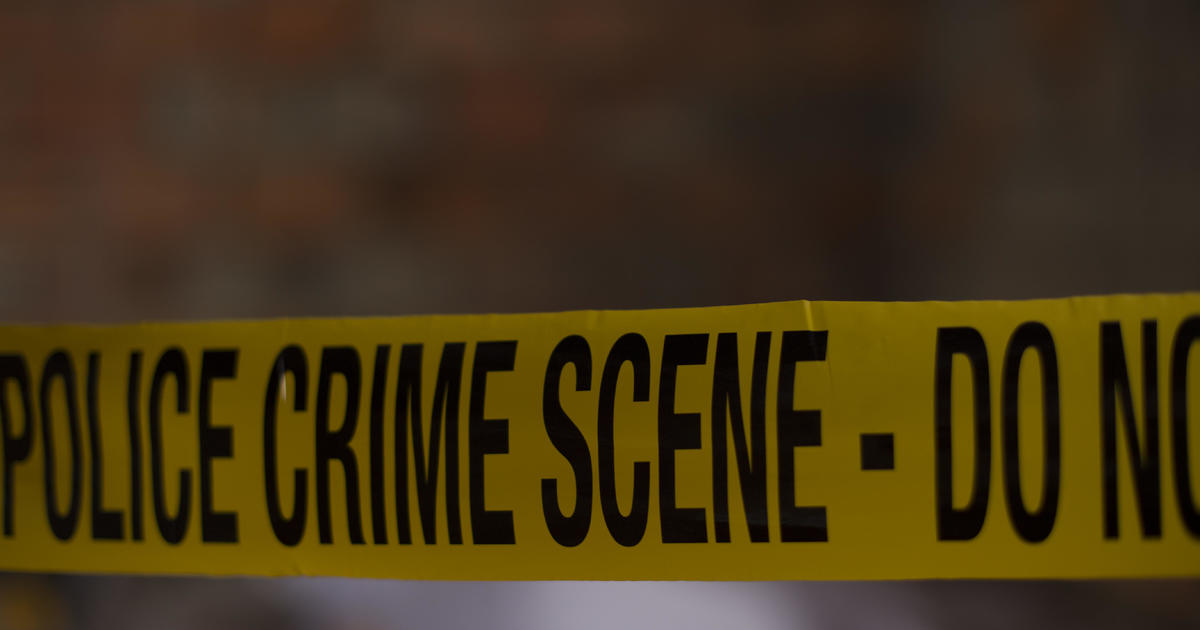How To Survive An LA Earthquake
People move to Los Angeles from all over the world, lured by the possibility of riches and fame in the movie industry. But L.A. is not all glitz and glam. Although we haven't had a major one in a while, Los Angeles is known for being in the epicenter for major earthquakes. Anyone that has moved to L.A. within the last few years hasn't experienced a significant quake, and the handful of somewhat minor episodes may have desensitized many newcomers to the potential danger.
The last big earthquake Los Angeles sustained was the 6.7m Northridge quake back in 1994. That quake left 60 people dead, more than 7,000 people injured and 20,000 people displaced from their homes. In addition, more than 40,000 buildings were damaged across four counties, with several overpasses collapsing during the episode. Those that survived the ordeal will never forget it, while all the transplants that trickled in years after remain blissfully unaware.
A catastrophic earthquake hitting Los Angeles is always a possibility and should be taken seriously. It's been more than 20 years since the Northridge quake and experts have been saying L.A. is due for another "big one" for quite sometime. While no one can predict exactly when and where; one is inevitable. Being prepared for it comes with the territory. Here are some things you'll need to survive an L.A. earthquake.
- Sleep with shoes or work boots near your bed.
- Keep a coat or jacket near your front door during the winter months.
- Have your phone and car keys within reach while you sleep.
- Know where to go for shelter.
- Know where the electrical boxes and water shut off valves are. Most gas boxes are earthquake sensitive and shut off automatically during an episode.
- Have a safety plan. Earthquakes can hit at any time of the day or night. Figure out what the best course of action would be at the places you spend the most time: home, work, school and traveling in your car. Is it safer to run out the door or duck and cover? If you're in your car, should you pull over and get out? These are things you need to know before an earthquake hits.
- Have a designated meeting place for family members should communications be shut down. In addition, family members should memorize the same out of town relative's phone number. This person can be used to relay messages if family members get lost and communications are down.
- Water
- Canned goods
- Can opener
- First aid kit (with book)
- Portable radio with extra batteries (batteries should not be stored in the radio to prevent corrosion)
- Flashlight with extra batteries (batteries should not be stored in the flashlight to prevent corrosion)
- Matches
- Bunsen burner
- Candles
- Blanket
- Change of clothes
- Copies of important documents and identification
- Cash
- Water purifier tablets/chlorine bleach
- A month's worth of medication (should be rotated)
- A small pot for cooking/boiling water
If you only have to care for yourself then you can tailor your emergency kit to suit your personal needs. If you are preparing for your family as well, make sure medication instructions are included if applicable and the quantity of supplies are stocked accordingly. In addition, make sure everyone in the household has access to the emergency kit.
- Water
- Food
- Cat litter box (zip lock bag of kitty litter)
- Can opener
- Collar/harness
- Leash
- Pictures of pets in case they get lost
- Copies of medical records
- Towel/bedding
- Toy
Once you leave your home, you might not be allowed to get back in to grab items you'll need. Having a duffel bag with supplies and other essential items already to go before a quake hits could make the road back to normalcy a lot easier. Remembering to grab it on your way out the door is another thing. The most important thing to remember during any emergency is to stay calm. Panic kills more people than most catastrophes.
Related: What To Do During An Earthquake If You Are Outside




